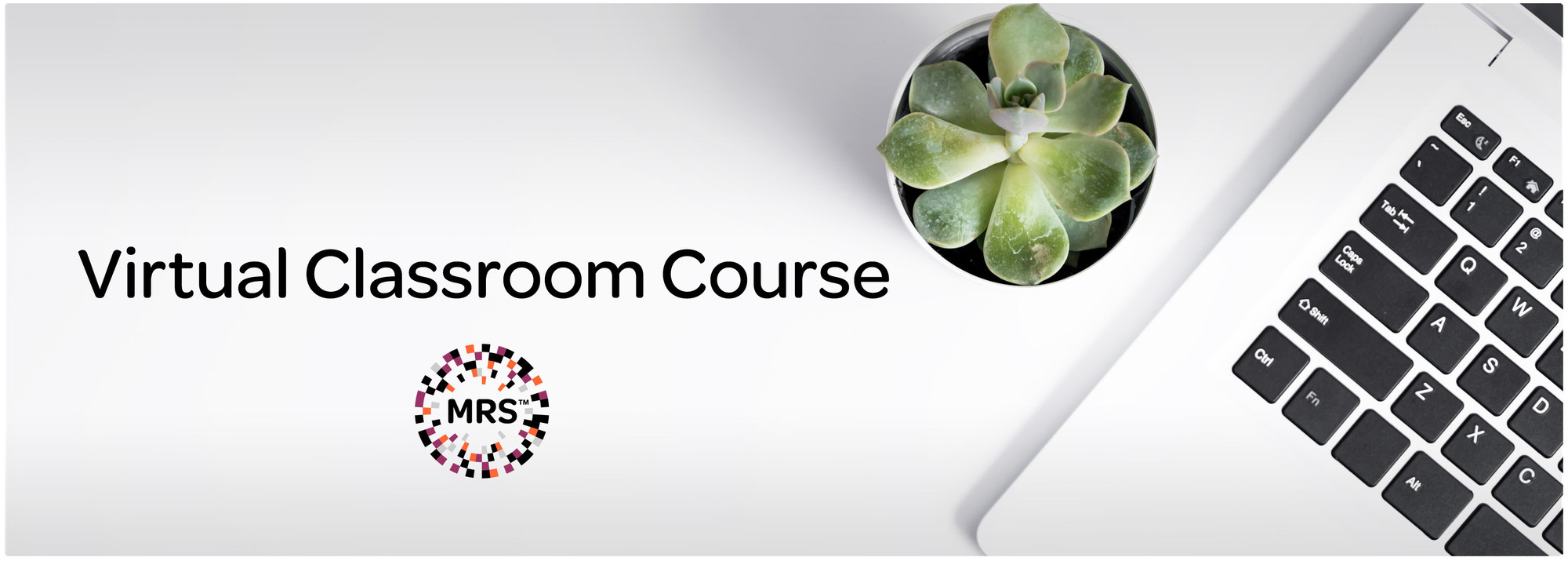Building your Inclusive Toolkit for All Research

Date and time
This event has taken place
Location
Online
Virtual training course
Members
£350 + VAT
Non-Members
£525 + VAT
Company partners
£375 + VAT
Company partners
1 CPS Voucher
Unless you’re consciously including people, you’re almost certainly unconsciously excluding people. This course will empower you to confidently take an inclusive approach to any research study, no matter how big or small.
Course overview/description
In research studies, inclusion can often play a role as an add on (“we should speak to a few of our vulnerable customers as well”) or as a key feature (“this study is about this group of people”), but less frequently do we hear about it as a core to all research projects. By ‘inclusion’ we can think about capturing lesser-heard voices, but also not accidently excluding anyone, and ultimately a reduction in unintentional biases leads to higher quality data and results.
The course will provide a wide range of practical ideas and examples for ensuring all projects are inclusive. Most of which have no or very little implication on project budgets, and are applicable to both qualitative and quantitative research.
As researchers, we can bring our inclusive approach to our jobs into the work environment, and the benefits to working in an inclusive environment are well known. The course will end with tips on how to start a conversation with colleagues on working practices and suggestions for the small adjustments that could be made to accommodate all.
Learning outcomes/learning objectives
By the end of the course delegates will:
- Feel empowered to confidently take an inclusive approach no matter how large or small, and regardless of the topic, timescale or budget of the research study.
- Understand how to talk about inclusion: what does it mean now and why the definition is fluid, as well as how to find the balance between the need to group people together without generalising and missing nuances.
- Have a range of practical, easy-to-implement, tools to support inclusive research design, from writing recruitment screeners, identifying samples to analysing the data.
- Understand how to build inclusion into day-to-day working practices with colleagues, and how to support their organisation to in inclusivity.
Who will benefit?
This course will benefit agency and client-side researchers who are looking to incorporate inclusive research principles into their day-to-day working practices. The course will benefit complete beginners to inclusive research, as well as those looking to improve upon their existing knowledge.
Learning method
A practical session, combining a mix of presentation, discussion and exercises.
Course delivery mode
Online
Trainer biography
Nas Allmomen, Associate Director
Nas has worked in research for over 10 years and is Magenta’s DE&I specialist, ensuring DE&I is woven into every stage of the research process from recruitment to reporting. Nas has worked extensively on research projects with marginalised groups across different specialisms, such as health and customer experience, and is an expert at adapting her research approach accordingly. She also worked as an Insight Manager for a mental health charity for 5 years, conducting research with those who have complex mental health problems and co-morbidities.
Evelyn Robertson, Research Director
Eve has 10 years’ experience designing and delivering extensive qualitative and quantitative research programmes with ‘hard-to-reach’ and minority groups, on behalf of central and local government, businesses and charities. Starting her career in social research, her experience ranges from speaking with non-binary and transgender people about preferred ways to collect sex and gender data, consulting with micro and small businesses on improving accessibility for government assessments, and developing best practice government guidelines on conducting research with people with disabilities. Her experiences have taught her that the best quality data comes from an inclusive research approach regardless of the subject matter.
Additional Information
Date and time
This event has taken place
Location
Online
Virtual training course
Members
£350 + VAT
Non-Members
£525 + VAT
Company partners
£375 + VAT
Company partners
1 CPS Voucher
Get the latest MRS news
Our newsletters cover the latest MRS events, policy updates and research news.










